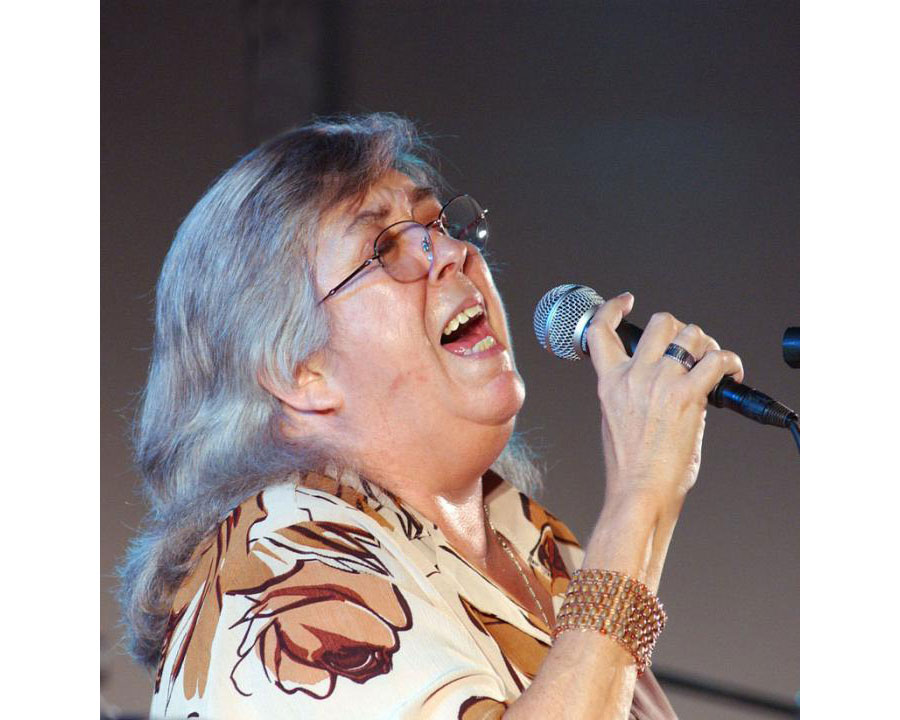On her Twitter account, Uneac evoked Sara as a virtuoso who became eternal in her songs and whose “immense work endures, illuminates and accompanies” by the hand of unforgettable lyrics such as “My love, don’t go, what I don’t want is to see myself alone again.”
Sara was born in Marianao, Havana, on July 13, 1951 and at the beginning of the 70s she made incursions into singing, she was part of the Los Dimos group and did a duet with the singer-songwriter Pedro Luis Ferrer.
In her student days she met Silvio Rodríguez and Pablo Milanés, who together with Noel Nicola founded the movement known as “La Nueva Trova Cubana”.
They encouraged her to put music to José Martí’s “Versos Sencillos” -her first album LP of hers- and from there her connection with that musical movement was born, within which she became the most important female representative voice.
Starting in 1972, she joined the ICAIC Sound Experimentation Group and at the beginning of the 1980s she joined artists Virulo, Carlos Ruiz de la Tejera, Jesús del Valle and others, the Conjunto Nacional de Espectáculos, a satirical aspect of musical theater.
In 1984, she joined her musical work with the Guaicán group and from there her career continued to ascend as a composer, singer and guitarist, songs linked to the revolutionary epic that will last in the memory of the Cuban and world public.
Sara studied composition, harmony and orchestration. She produced music for films, television, and radio.
Her discography includes the titles Versos sencillos de José Martí (1975), Cuatro cosas (1982), With a little love (1987), With troubles and patience (1991), If I were May (1996) and Look at me (1999 ).
ef/jcm/day









